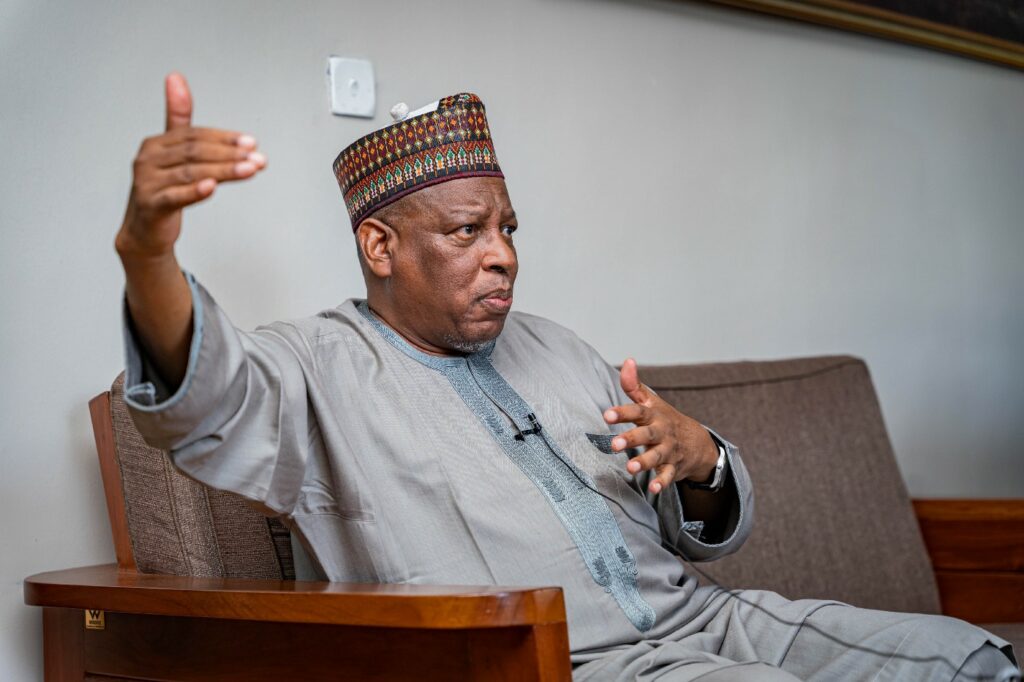- UBEC’s Executive Secretary, Dr. Hamid Bobboyi, reveals an annual federal allocation of over N100 billion to support education in Nigeria
- Bobboyi emphasizes the need for additional resources and private sector collaboration to sustain and improve Nigeria’s basic education system
Dr. Hamid Bobboyi, the Executive Secretary of the Universal Basic Education Commission (UBEC), has revealed that the federal government allocates over N100 billion annually to support education. Speaking at a one-day meeting in Abuja focused on fostering collaboration with the Organised Private Sector, Bobboyi stressed the need for additional resources to ensure the delivery of quality education, citing the current enrollment of over 45 million children in Nigeria’s basic education system.
Bobboyi acknowledged that federal resources alone are insufficient to sustain the educational system, urging the private sector to recognize the significance of early childhood education in contributing to the country’s development.
“Resources alone from the federal government cannot run the system. Nigeria has over 45 million children in the basic education subsector, and with this number, we require the necessary classrooms,” he emphasized.
Highlighting the foundational importance of education to the collective existence of Nigerians, Bobboyi warned of dire consequences if the country neglects its educational system.
The UBEC Chief Executive expressed concern about a 29% reduction in the number of teachers in Nigeria’s basic school system due to the COVID-19 crisis. He underscored the necessity of adequately compensating and motivating teachers to deliver the desired quality of education.
In response, Mrs. Adegoke Adekanla, Head of the Oando Foundation, praised UBEC for its dedication to advancing basic education in the country. Represented by Mr. Ede Okechukwu, an official of the foundation, Adekanla emphasized the alignment of Oando Foundation’s commitment with broader initiatives to strengthen the Universal Basic Education (UBE) program through collaborative partnerships between the public and private sectors.
Adekanla emphasized that basic education is not only a fundamental right for every child but also the cornerstone of a prosperous and equitable society. Access to quality basic education, she asserted, is a moral imperative that shapes the future of nations.

